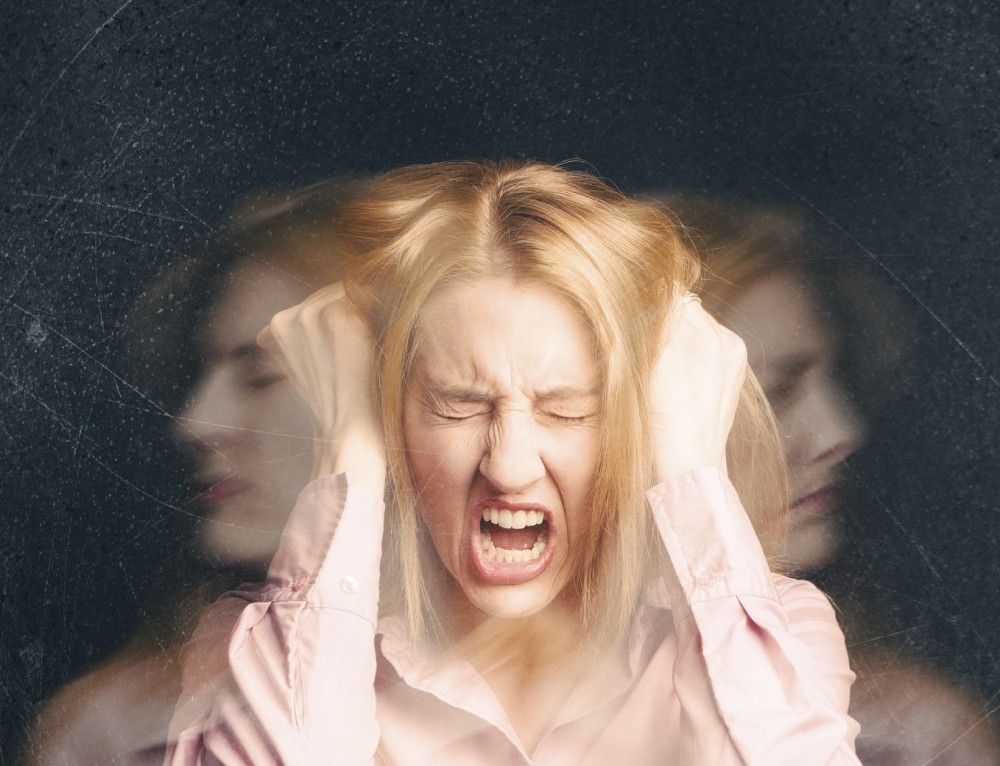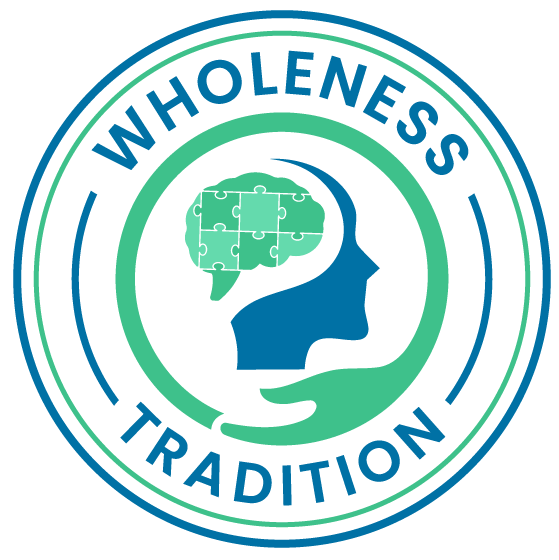
SCHIZOPHRENIA
Our Services
Schizophrenia
Schizophrenia is a mental disorder that affects how a person thinks, feels, and behaves. People with schizophrenia often experience symptoms such as hallucinations, delusions, disordered thinking and speech, and reduced emotional expression. These symptoms can make it difficult for people with schizophrenia to lead a normal life and can interfere with their daily activities, relationships, and ability to work.
Schizophrenia is a chronic condition and there is currently no cure, but it can be managed with proper treatment. Treatment for schizophrenia typically involves a combination of medication and therapy, such as cognitive behavioral therapy or family therapy. With the right support, many people with schizophrenia are able to live fulfilling lives and maintain their independence.

The Impact That Will Happen In Your Life
- Your relationships with family and friends
- Your performance at work or school
- Your general health and wellbeing
What is Schizophrenia?
What are the symptoms of schizophrenia in adults?
Schizophrenia symptoms generally fall into three categories, including:
Positive symptoms
With schizophrenia, “positive” refers to symptoms that occur but should not. Examples include visual or auditory hallucinations, abnormal perceptions of reality, paranoia, and distorted behaviors.
Negative symptoms
In schizophrenia, “negative” refers to symptoms that should be present but aren’t. This generally includes things like expressing emotion, feeling pleasure, or speaking.
Cognitive symptoms
Cognitive symptoms of schizophrenia involve thinking and memory. Some of the most common cognitive symptoms include difficulty focusing on the task at hand or trouble with learning new information and then using it.
Many people with schizophrenia experience anosognosia, a cognitive symptom that means they’re not aware they have the illness.
Schizophrenia may be quite different from person to person, but the Heritage Wellness team is very experienced with the disorder. This allows you to get an accurate diagnosis, which is very important for effective treatment.
What are the symptoms of schizophrenia in adolescents?
How is schizophrenia treated?
Online Counseling with Professional Providers
Experienced in Dealing With:
- Access professionals for effective mental health support
- Tailored treatment plans for individual needs and success
- Proven methods ensure safe, effective mental health treatment
- Addresses symptoms, lifestyle, and social factors
- Safe, non-judgmental space for sharing concerns and growth
